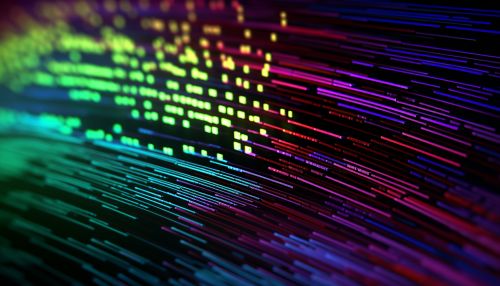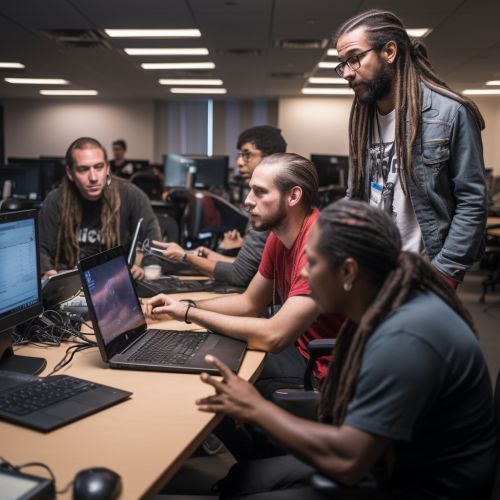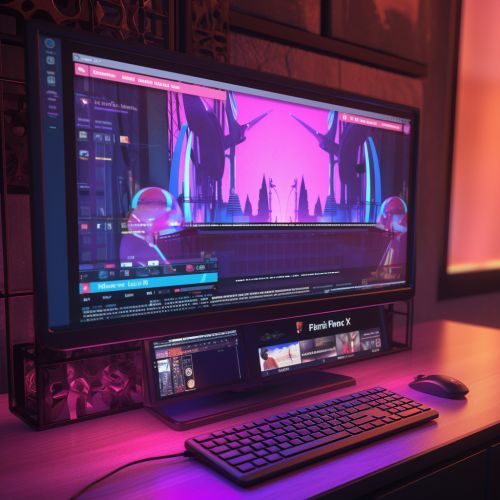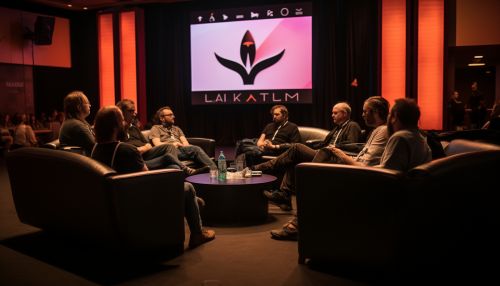Linux
Introduction
Linux is a family of open-source Unix-like operating systems based on the Linux kernel, an operating system kernel first released on September 17, 1991, by Linus Torvalds. Linux is typically packaged in a Linux distribution.


History
The history of Linux is closely tied to that of GNU, a free software project initiated by Richard Stallman in 1983. The goal of GNU was to develop a complete Unix-like operating system composed entirely of free software. By 1991, the GNU project had completed all the major components of this system except for the kernel.


In 1991, Linus Torvalds, a student at the University of Helsinki, started working on his own project: a new kernel. This kernel, which he named "Linux", was released to the public later that year. The combination of the Linux kernel and the GNU system resulted in a fully functional, free operating system, which came to be known as GNU/Linux, or simply Linux.
Architecture
The Linux kernel is the core of the operating system. It is responsible for managing the system's resources, and for providing a secure, stable, and efficient environment in which applications can run. The kernel is written in the C programming language, with some parts in assembly language for specific processor architectures.


Linux distributions typically include a wide variety of software. This includes the GNU tools and libraries, the X Window System, and many other utilities and applications. Most Linux distributions also include a package management system, which allows users to easily install, update, and remove software.
Usage
Linux is used in a wide variety of applications, from personal computers to supercomputers, and from servers to embedded systems. It is also used in many other types of devices, such as smartphones, tablets, network routers, televisions, and video game consoles.


In the server market, Linux has a significant share, with many of the world's top 500 supercomputers running Linux. In the mobile device market, the Android operating system, which is based on the Linux kernel, is the dominant player.
Development and community
The development of Linux is a collaborative effort, with contributions from thousands of developers around the world. The Linux kernel is released under the GNU General Public License (GPL), which allows anyone to use, modify, and distribute the software.


The Linux community is a diverse and vibrant community of users and developers. There are many ways to get involved in the community, from contributing code to the kernel, to participating in one of the many Linux user groups, to helping with documentation or translation.
